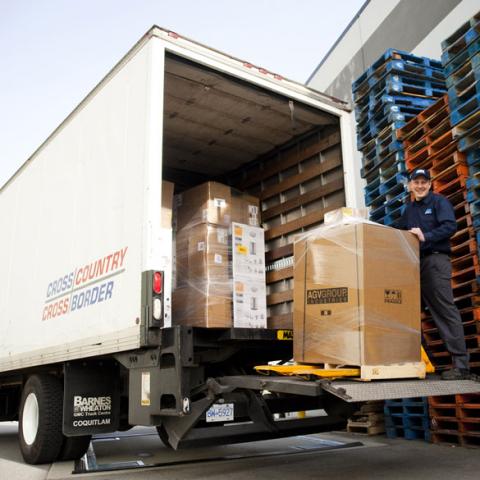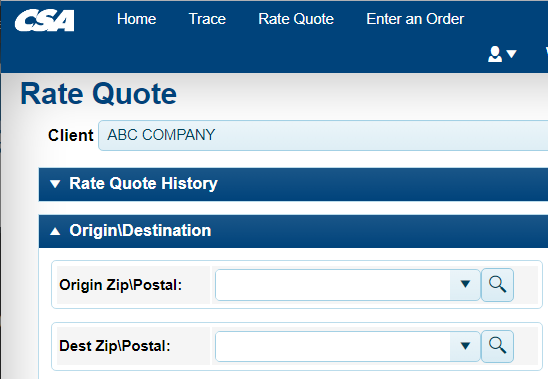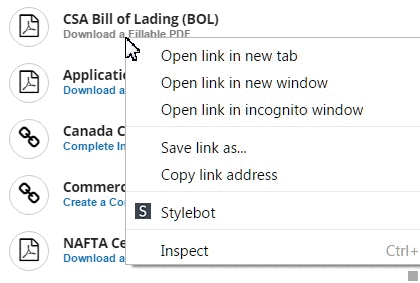What is a Bill of Lading?
If you are in a business where you need to ship your goods from A to B you are going to have to deal with a lot of paperwork and bureaucratic systems. Possibly the most important document you will need is a Bill of Lading (BOL acronym). For this reason, you need to know what it is, what it contains and why it is so important to understand it.
Bill of Lading definition: First and foremost this is a standard-form, legal document which acts as evidence of a contract between the shipper and the carrier. This document fulfils two other important roles, it acts as a receipt to show that goods were loaded and the freight service provided, it details the goods that are being shipped and the driver and carrier should have it with them at all times during shipping. Lastly it proves ownership of goods where goods can be transferred to the carrier and in turn transferred to the final consignee (client).
Bills of Lading must be with the goods on every part of the journey and must be signed by authorized parties from the shipper and carrier. At the moment of collection the carrier will be given the Bill Lading and when the goods are delivered it will be handed to the final destination consignee.
The “Straight Bill of Lading” is the most common type where a customer has already paid for the goods before shipping.
These are three very good reasons to motivate you to learn more about Bill of Lading in shipping and to know what you are doing when you are completing this very important document.
What information do you include on a BOL?
- General information for both the shipper and consignee is required including, names, name of the carrier.
- Quantities (number of boxes/packages) and type of packaging, specifically cartons, pallets, drums etc.
- Every product must be itemized on the BOL and include unit numbers, weight or volume and materials used.
- If there are any special handling instructions for particular goods they should also be specified. Hazardous (or oversized) goods should be appropriately labeled and brought to the attention of the carrier.
- The rate for the freight and total amount should be specified. The date of collection is specified.
- A special reference number may be applied to allow tracking.
- Terms of payment are also included.
The Bill of Lading is usually issued in three copies, one for the shipper, one for the final client and one is usually kept for the bank. When any one of these copies is surrendered, allowing the goods to be released, the other two copies are deemed null and void. A surrendered Bill of Lading indicates that goods were consigned to the final destination.
To avoid misuse of the other two unused copies of the Bill of Lading it is common practice to print the words “canceled” or “discharged” on them. In this way the document is no longer void.
You should be aware that carriers can check and inspect your freight at any given time. They can cross-check that all information provided is accurate including weight and class. They can re-weigh the consignment and if errors are found additional charges may be applied causing stress and more damaging, delays to your delivery. For this reason, it is imperative that the BOL shipping document is completed accurately and completely.
What happens if I don’t have a Bill of Lading?
If you don’t follow the correct procedure and produce a Bill of Lading the cost and damage occurred will fall mainly on the supplier. The obvious consequences is that your client will not get the goods, leading to dissatisfaction on their part and consequences that will be damaging to your business.
Other damaging consequences include being exposed to insurance claims. This would happen if the BOL demonstrates the quantity and quality of goods loaded, but when they arrive at the consignee’s warehouse he contests this by saying the goods were damaged. The consignee can then make a claim against the BOL carrier. If the information has not been accurately compiled you will not be fully compensated for the cost of damage to the goods.
In extreme cases inaccurate information and contestation regarding information on the Bill of Lading can lead to criminal prosecution.
CSA Transportation is your source for ltl freight shipping throughout Canada and the U.S. Contact our team today to learn how we can help your business!





